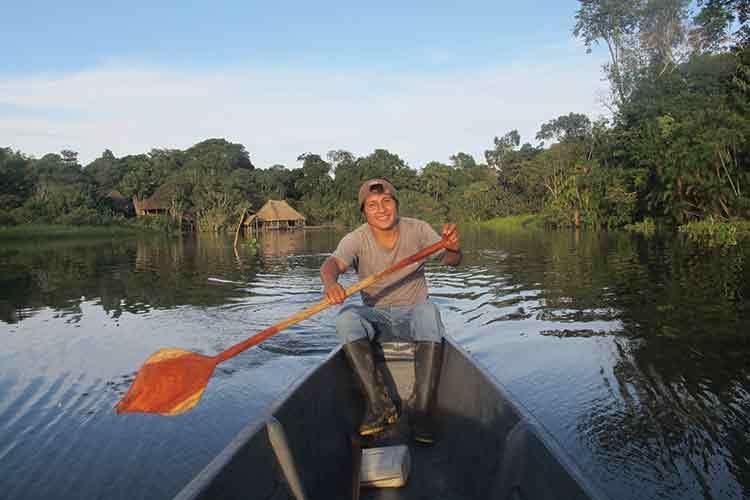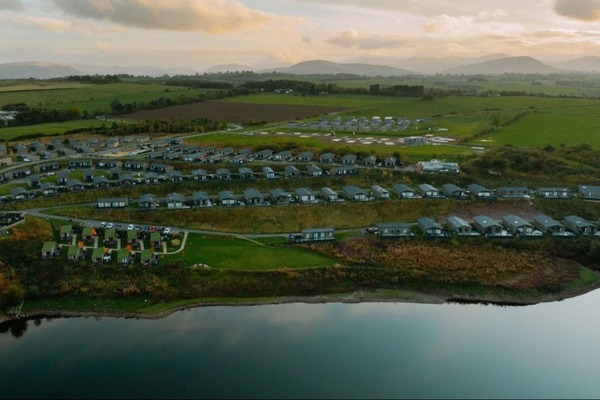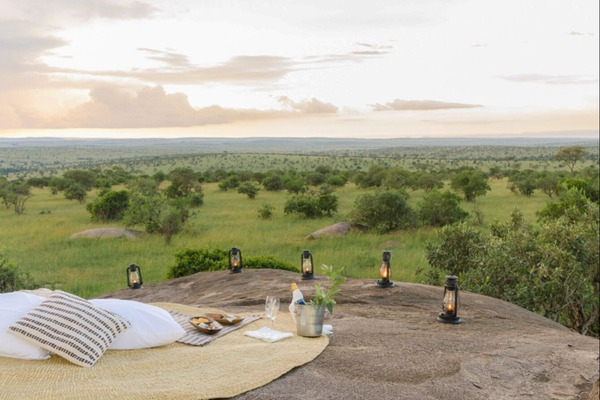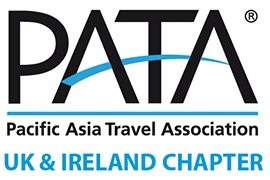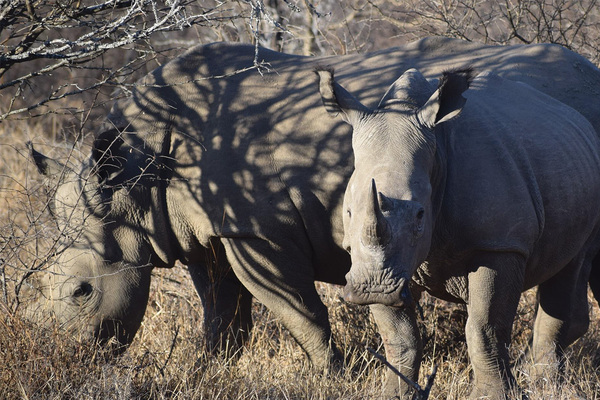How the Rainforest Alliance is helping responsible tourism in Latin America
The Rainforest Alliance is focused on making tourism a viable conservation tool in Latin America. Head of sustainable tourism Ronald Sanabria tells Katherine Lawrey more about the mission
If you like your Costa Coffee, your Innocent Smoothies and your PG Tips, you will be familiar with the green frog logo of the Rainforest Alliance. Products bearing the seal originate on, or contain ingredients sourced from, Rainforest Alliance-certified farms or forests.
But did you know that as well as working with the forestry and agriculture industries, the Rainforest Alliance also works with tourism businesses?
Although the alliance was established nearly 30 years ago in 1987, the tourism strategy evolved about 15 years ago. Tourism efforts are concentrated in Latin America, a decision that Ronald Sanabria, head of sustainable tourism, tells me was inspired by a Conservation International study, which showed visitation increased by 100-200% in “biodiversity hotspot” countries in the 1990s. “As a region Latin America had the fastest-growing rate of nature-based tourism,” he explains.
The Rainforest Alliance offers training to tourism businesses to help them run efficiently and sustainably. “There were very few tools out there to help micro-businesses implement sustainable tourism. Our goal is to bridge the gap between theory and practice,” he says. It also offers a certification auditing process, so businesses can demonstrate they are compliant with sustainable standards.
Wising up
In the intervening years sustainable tourism has gained a much higher profile. “Sixteen years ago sustainable tourism was the preserve of a handful of NGOs,” Sanabria says. “Now it’s on the table in its own right.”
He cites the Global Sustainable Tourism Council, initiated by the Rainforest Alliance and allies and formalised in 2008, plus a 10-year UN global framework, launched in 2014, as key drivers for change.
He adds: “Most projects now have government support, because they see the impact tourism has on jobs and GDP. If you kill the goose that lays the golden egg – or green egg in this case – then you kill the industry, and a source of employment for your country. No one wants to go on holiday to a place that is dirty and polluted, and killing its wildlife.”
Tour operators are waking up to their responsibilities, but he admits that the complex nature of the industry presents its own challenges: “The tourism industry is huge, but fragmented. It lacks structure. There are no major players that are able to move the needle on their own. Even Tui Group needs the support of thousands of hotels and ground operators to make a difference.”
From the biggest players to the smallest, the alliance’s mission is to support and motivate at every level of the supply chain. UK-based tour operators should gather as much information about their ground handlers and suppliers as they can, but that takes resources, which a small business often lacks. “That’s where we come in, to help connect operators with green suppliers,” Sanabria says.
Where existing partnerships fail to meet the grade, the Rainforest Alliance can help motivate suppliers to engage in sustainability training and to become certified. However, operators should leverage their power as buyers too. “Be as pushy as your agenda allows,” he advises.
Choose better
As a resident of Costa Rica, Sanabria lives and breathes one of the alliance’s success stories, and he is optimistic about the future: “I see the impact the UN framework is having on the ground. Tourism is changing destinations. It’s protecting the beaches I used to visit as a child, making them green and clean.”
Now that destinations and businesses are engaged, the next goal is to filter the changes in the supply chain all the way to the end user, he says. “We need to work on consumer awareness, and make it easier for travellers to exercise their right to choose a sustainable holiday. The tools do not yet exist to make greener choices about mainstream holidays. If there are two holidays, at the same price and quality level, we want consumers to be able to able to choose the more responsible option.”
But he insists the focus has to be about educating the consumer to make an informed choice. “We don’t want tourists to be overwhelmed by guilt [for their holidays]. Nowadays you can enjoy nature and local hospitality, have a tremendous time, and contribute to conservation, simply by choosing better.”

